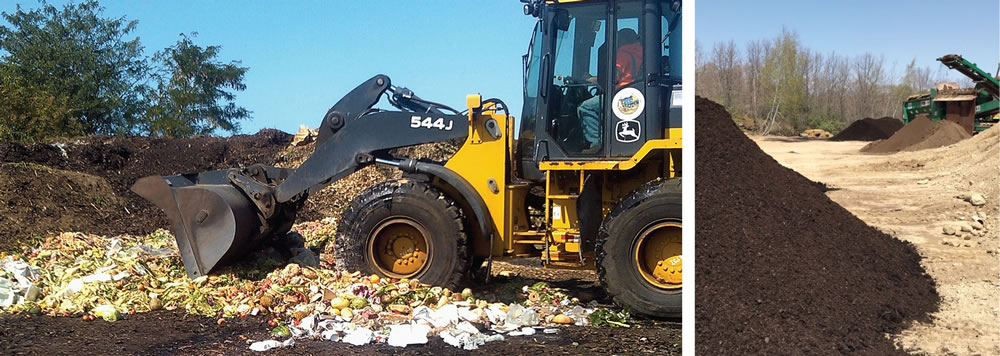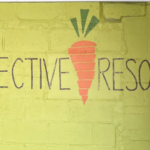Every 10 years, Massachusetts prepares a new Solid Waste Master Plan (SWMP). This plan establishes the framework, goals, future directions and strategies for solid waste management in Massachusetts over the next decade. The Massachusetts Department of Environmental Protection (MassDEP) released an updated draft 2020-2030 SWMP and is holding four online public hearings through September 15, 2020 to receive input.
A presentation given by MassDEP outlines overall MSW management trends and explains what’s in store for organics recycling. A slide titled “2020 Master Plan Progress” reports that per capita disposal is down 18%. Food waste disposal has been reduced by 180,000 tons/year, and food rescue is up 60%. MassDEP reports limited disposal capacity in the state and region. However there is available capacity for solid waste transfer (with growing rail capacity), anaerobic digestion, and C&D processing. The plan establishes a 2030 goal to reduce disposal by 1.7 million tons (30 percent) from 5.7 million tons (2018 data) to 4.0 million tons. By 2050, the goal is to reduce disposal by 5.1 million tons (90 percent) to 570,000 tons, as well as reduce the toxicity of the solid waste stream.
The 2020-2030 SWMP section on Organic Waste Reduction outlines the following:
- Reduce disposal by additional 500,000 tons/year by 2030
- Foster increased donation and source reduction
- Continue to build inspections, compliance assistance and outreach (for the state’s commercial organics ban)
- Reduce threshold for commercial organics ban, currently set at >1 ton/week
- Targeted grants and loans to support capacity development
- Develop multipronged approach for small business and residential food waste
The plan lays out specific Material Priorities to focus on over the next 10 years. Food material is at the top of the “greatest diversion potential list” with 570,000 tons currently being disposed, followed by cardboard (220,000 tons) and untreated wood (135,000 tons). Food donation is a priority.










